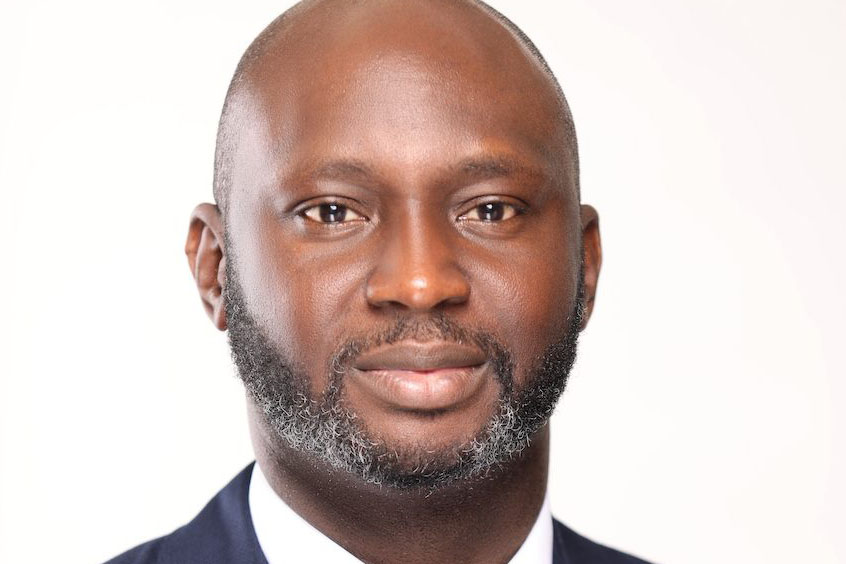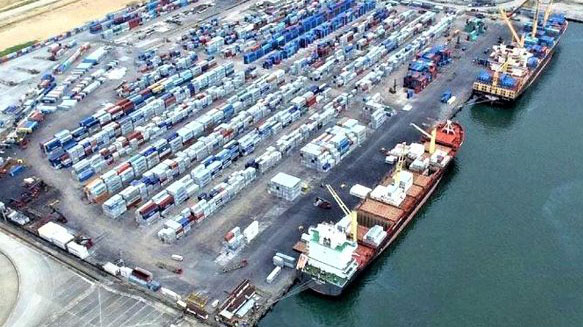The growing threat of digital assets fraud poses a formidable challenge to market integrity and undermines investor confidence, the Director General of the Securities and Exchange Commission (SEC), Dr Emomotimi Agama, has said.
Speaking in Abuja at an event to mark African Union Anti-Corruption Day, Agama noted that corruption continues to serve as a major obstacle to Africa’s economic growth, social development and attractiveness to investors.
“Today, as digital innovation transforms financial systems, we face new challenges, particularly the rise of virtual asset fraud and sophisticated investment scams exploiting unsuspecting investors. These threats undermine market integrity, erode trust and divert resources meant for sustainable development,” he said.
He explained that the SEC, as a frontline regulator, remains committed to strengthening investor education on recognising and avoiding fraudulent schemes and enhancing regulatory frameworks to keep pace with evolving risks in virtual assets and digital investments while fostering cross-border collaboration to combat corruption and illicit financial flows.
He said the Investment and Securities Act (ISA) 2025 introduced key provisions to regulate virtual assets (cryptocurrencies, digital tokens and other blockchain-based assets) in Nigeria, with the Commission as the primary regulator for virtual assets classified as securities or investment products.
Agama stated that all Virtual Asset Service Providers (VASPs) (exchanges, custodians and brokers) must obtain SEC approval and meet capital, governance and cybersecurity standards.
On risk disclosures, the SEC DG noted that all platforms must warn investors about volatility, fraud and regulatory risks, warning that there are stiff penalties for market manipulation, insider trading and Ponzi schemes.
“The ISA 2025 provides a comprehensive legal framework for virtual asset regulation, balancing innovation, investor protection and financial stability. The SEC will continue to issue guidelines to ensure compliance while fostering a secure digital asset ecosystem. “We urge all stakeholders – governments, private sector players, civil society and citizens — to join forces in promoting transparency, accountability and ethical practices. Together, we can build resilient markets that drive Africa’s prosperity”, he added.
The Chairman of the Economic and Financial Crimes Commission (EFCC), Ola Olukoyede, described virtual asset fraud as a fast-evolving threat to national economic security, adding: “Another rising criminal engagement that has a potential to outpace, even money laundering, on the continent is virtual assets and investment scam.”






